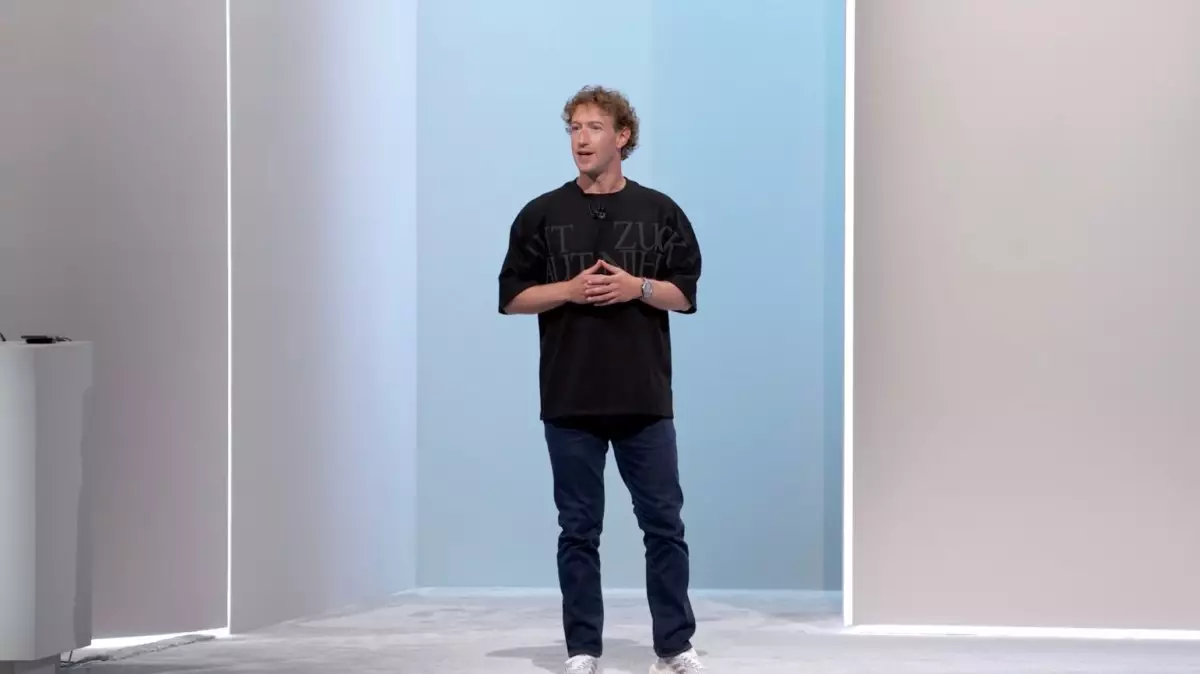Meta Platforms, Inc., known for its significant strides in the tech industry, is gearing up for an exciting event: LlamaCon. Announced on Tuesday, this inaugural developer conference dedicated to generative AI is slated for April 29. LlamaCon will center around Meta’s Llama family of generative AI models, showcasing the company’s commitment to sharing knowledge and tools with developers. Meta aims to provide insights into the latest advancements in open-source AI technologies, which empower developers to create innovative applications and products. This conference represents not just a promotional event but a strategic move to solidify Meta’s position in the rapidly evolving AI landscape.
Meta’s approach to artificial intelligence has long been centered on open-source principles, and LlamaCon is an extension of that philosophy. Over the years, Meta has fostered an ecosystem that promotes collaboration among developers, which is particularly crucial in a field as dynamic as AI. By allowing external developers to build on their platforms, Meta encourages a diverse range of applications and functionalities that could enhance both user experiences and enterprise solutions. Despite the exact number of applications leveraging Llama being undisclosed, notable partnerships with industry giants like Goldman Sachs, Nomura Holdings, and DoorDash underscore the model’s utility and versatility.
However, Meta’s journey in the AI domain has not been without hurdles. The emergence of Chinese AI firm DeepSeek has reportedly posed significant challenges, with Meta feeling the pressure as DeepSeek introduced its competitive open-source AI models. The competition prompted an urgent response from Meta, which now finds itself engaging in intensive strategizing to contend with such rapid advancements. Reports suggest that Meta has established dedicated teams to analyze how DeepSeek managed to optimize costs and deployment strategies for its models, which may inform future developments for Llama.
In response to the competitive landscape, Meta is committing substantial investments to enhance its AI capabilities. The company announced plans to allocate as much as $80 billion in 2023 alone for AI initiatives, including hiring top talent and constructing advanced AI data centers. CEO Mark Zuckerberg has conveyed ambitions to release several new iterations of Llama over the upcoming months. These releases promise advancements in reasoning capabilities, echoing functionalities seen in similar offerings from competitors like OpenAI. Moreover, the potential introduction of “agentic” models, which would operate autonomously, highlights Meta’s aspiration to stay at the forefront of AI innovation.
Despite these ambitious endeavors, Meta faces legal challenges that might hinder its progress. Recent allegations suggest the company has utilized copyrighted materials without consent for training its models, raising serious ethical and legal questions around intellectual property rights. In addition, regulatory pressures from European Union nations point to growing concerns surrounding data privacy. These factors have compelled Meta to adjust its launch timelines for new models, reflecting the intricate balance between technological advancement and regulatory compliance that tech giants must navigate.
Looking forward, LlamaCon could serve as a pivotal platform for Meta to convey its dedication to ongoing innovation in generative AI. The meeting of minds at this conference could foster an environment of collaboration and creativity among developers, ultimately expanding the horizons of what is possible in AI applications. As Zuckerberg hinted during Meta’s Q4 2024 earnings call, the aspirations for Llama are high — positioning it to potentially become one of the most advanced and widely-used AI models in the industry.
As Meta braces for LlamaCon and the challenges ahead, the company’s focus on open-source principles, financial investments, and strategic adaptations to competitive pressures will be crucial. The future of Llama and Meta’s AI ambitions hangs in the balance, a narrative that will unfold within the intricate interplay of innovation, collaboration, and regulatory landscapes.

